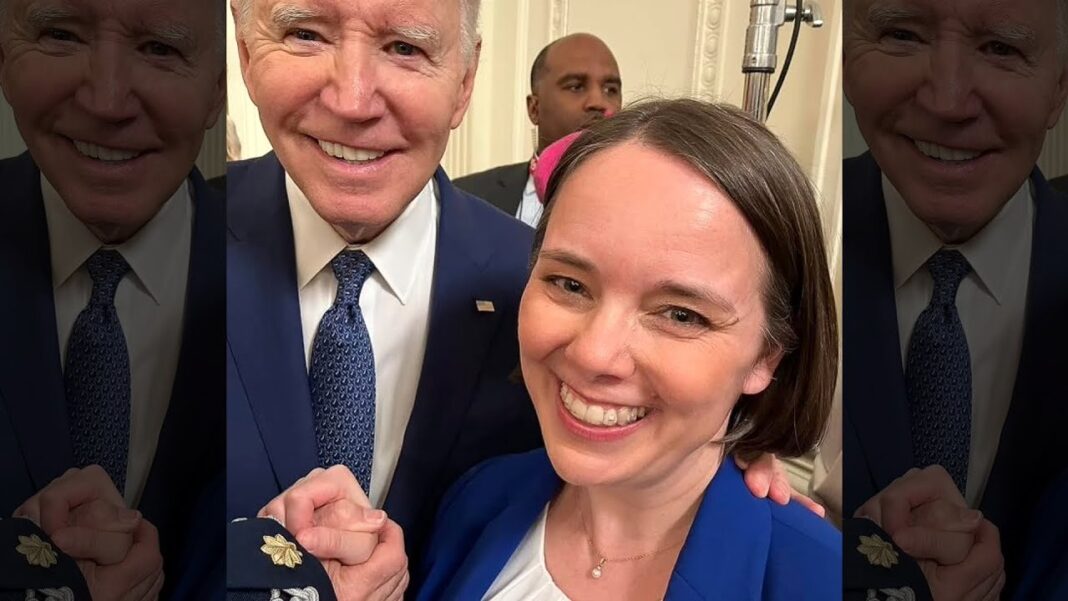
FBI violated the Fourth Amendment, court finds
The FBI’s seizure of contents from safe deposit boxes during a raid on a Beverly Hills vault in 2021 violated the U.S. Constitution, a federal appeals court ruled on Jan. 23.
Agents raided U.S. Private Vaults, a business that allowed people to rent safe deposit boxes anonymously, based on the belief that criminals were using the service. The search warrant stated that agents could only open the boxes to inventory their contents and identify the owners for the return of their property.
However, agents brought drug-sniffing dogs and planned to set aside cash worth more than $5,000, with the intent to seize the money.
The FBI searched the contents of about 700 safe deposit boxes.
When people who rented boxes asked the FBI for their belongings back after the raid, the bureau refused, saying it was going to file for forfeiture or transfer ownership to the government. The renters of the boxes then sued.
A U.S. district judge previously ruled in favor of the government, finding the search was covered by what’s known as an inventory exception to the requirement for a warrant in the U.S. Constitution’s Fourth Amendment.
That exception, though, doesn’t apply to the raid on U.S. Private Vaults, the U.S. Court of Appeals for the Ninth Circuit ruled.
The ruling hinged largely on how the exception requires searches to operate on standardized instructions and highlighted how the FBI, in the Beverly Hills raid, used supplemental, customized instructions.
“Once the government begins adding a set of ‘customized’ instructions to a ’standardized‘ inventory policy—particularly the type of custom instructions presented by this case—the entire search stops being conducted pursuant to a ’standardized’ policy,” U.S. Circuit Judge Milan D. Smith Jr. wrote in the ruling.
‘No Probable Cause’
During oral arguments, the appeals court panel compared the search to the “writs of assistance,” or unlimited searches executed by British authorities in pre-founding America.





